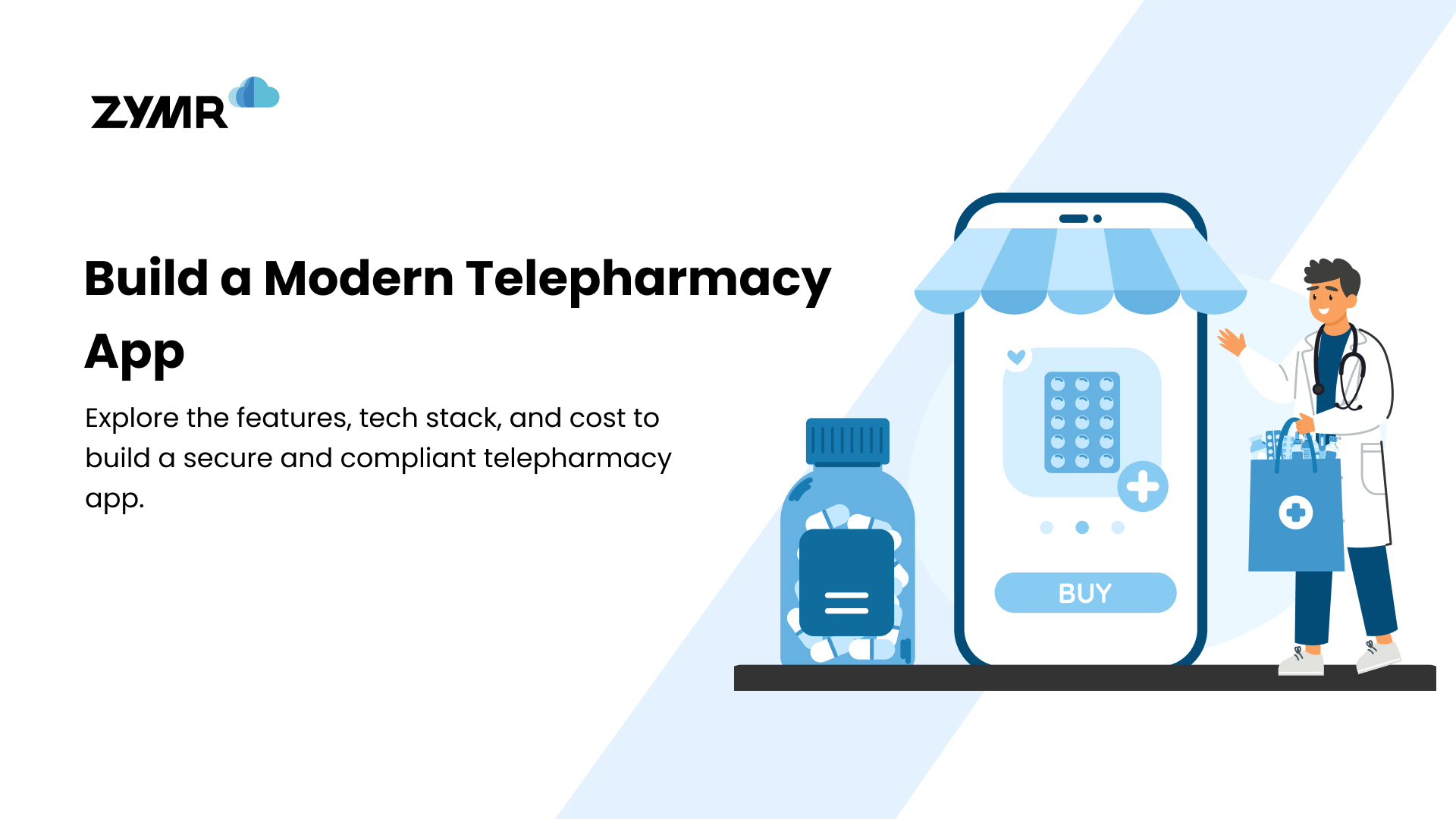A Comprehensive Guide to Setting up HIPAA Compliance Testing Services

July 22, 2024
HIPAA Compliance
HIPAA compliance testing is crucial for organizations operating in the healthcare industry to ensure the protection of sensitive patient data and maintain regulatory standards. Understanding the importance of HIPAA compliance testing is vital in safeguarding patient privacy and avoiding costly penalties resulting from non-compliance.
Implementing QA and software testing services for HIPAA compliance offers numerous benefits. Firstly, it helps identify vulnerabilities and weaknesses in the systems and processes that handle patient data, enabling organizations to proactively address and mitigate potential risks. QA automation services play a critical role in streamlining the testing process, ensuring comprehensive coverage, and reducing the time and effort required for manual testing. Test automation services enable organizations to perform repetitive tests efficiently, ensuring consistent compliance across various systems and applications. By leveraging QA and software testing services, healthcare organizations can enhance the reliability, security, and performance of their systems, fostering trust with patients, stakeholders, and regulatory bodies alike.
HIPAA encompasses various regulations and standards that organizations must follow to achieve compliance. These include the Privacy Rule, which governs the use and disclosure of protected health information (PHI), and the Security Rule, which outlines the necessary safeguards to protect electronic PHI. Additionally, the Breach Notification Rule mandates reporting any unauthorized access or disclosure of PHI.
QA and software testing services play a crucial role in ensuring HIPAA compliance. By implementing comprehensive testing processes, organizations can identify and address any vulnerabilities or gaps in their systems that may expose patient data. QA testing verifies that privacy and security measures are in place, ensuring the confidentiality, integrity, and availability of PHI. Software testing services enable organizations to assess the compliance of their applications, databases, networks, and infrastructure, ensuring they meet the necessary HIPAA requirements. By partnering with experienced QA automation service companies, healthcare organizations can establish robust testing frameworks to achieve and maintain HIPAA compliance.
Setting up QA and Software Testing Services for HIPAA Compliance
To establish QA and software testing services for HIPAA compliance, assess your organization's compliance needs, select a reliable QA automation service company, and define the scope and objectives of your testing services. Evaluate your current compliance status, research reputable companies, and determine the systems to be tested. Establish measurable goals for effective testing throughout the compliance journey.
- Understanding the Testing Process and Methodologies: Familiarize yourself with the testing process and methodologies used for HIPAA compliance. This includes test planning, test case development, execution, and result analysis. Implement industry best practices and standards for accurate and efficient testing.
- Functional Testing: Conduct comprehensive functional testing to validate the privacy and security measures implemented in your systems. Test access controls, encryption protocols, audit logging, and authentication mechanisms to ensure compliance with HIPAA regulations.
- Performance Testing: Perform performance testing to assess the responsiveness and scalability of your systems under varying loads. Verify that they can handle peak usage scenarios without compromising the security or integrity of patient data.
- Integration Testing: Test the interoperability and data exchange capabilities of your systems to ensure seamless integration with external entities such as electronic health record systems or health information exchanges. Validate the accurate transmission and reception of PHI.
- User Acceptance Testing: Involve stakeholders and end users in user acceptance testing. Obtain feedback on system usability, functionality, and overall user experience. Ensure that the systems meet the needs and expectations of all relevant parties.
Conclusion
Setting up HIPAA compliance testing services is essential for organizations in the healthcare industry to protect patient data and comply with regulations. By implementing QA and software testing services, vulnerabilities can be identified and addressed, ensuring the security and integrity of patient information. QA automation services streamline testing processes, reducing manual effort and ensuring comprehensive coverage. Through functional, performance, integration, and user acceptance testing, organizations can validate privacy measures, assess system responsiveness, ensure interoperability, and meet user expectations. By following this comprehensive guide and leveraging QA and software testing services, healthcare organizations can establish robust HIPAA compliance testing frameworks, fostering trust and compliance with regulatory standards.
FAQs
>
>
>
>
>
Have a specific concern bothering you?
Try our complimentary 2-week POV engagement
Our Latest Blogs








.svg)
.svg)
.svg)
.svg)
.svg)
.svg)
